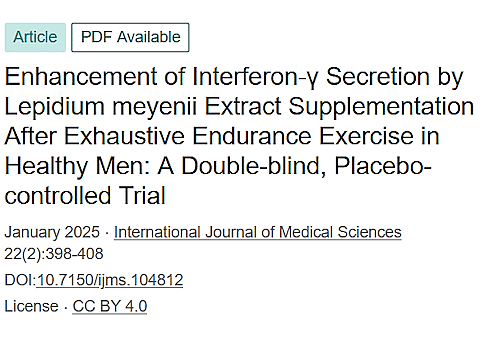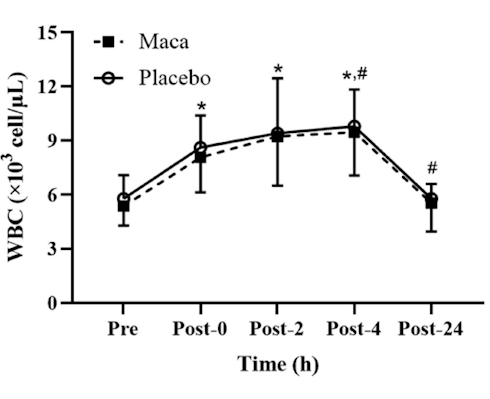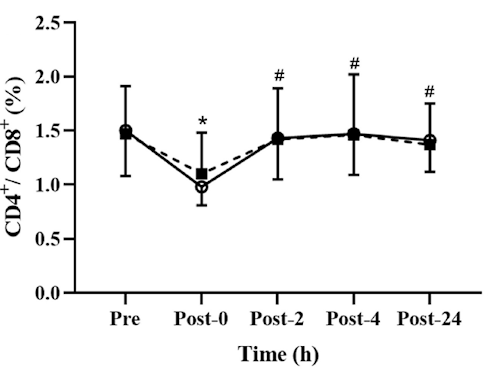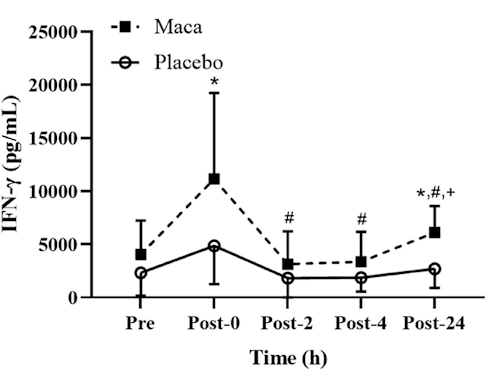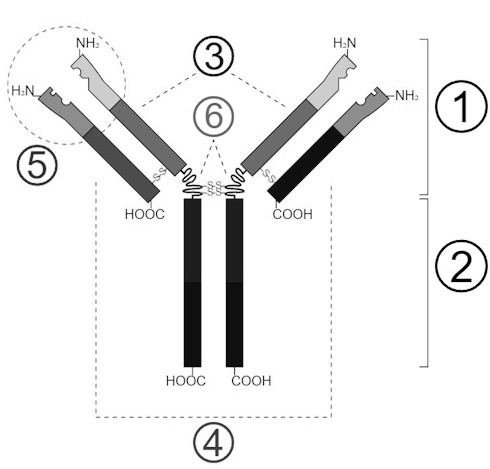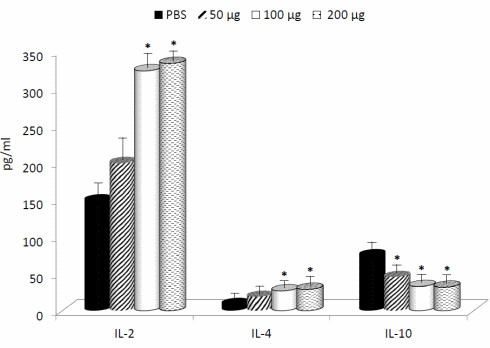|
Definition: "An ergogenic aid is any substance or phenomenon that enhances performance "
|
|
||||||||
25.01.2025 |
|
|
Maca activates the immune system during intensive training
Supplementing with just over 4 grams of maca per day may protect athletes from viruses and other pathogens. According to a human study published in the International Journal of Medical Sciences, maca may prevent the immune system from temporarily slumping after intense exercise.
Study
The Taiwanese used a product from Panion & BF Biotech. As far as we have been able to determine, it is a highly processed powder.
On the last day of the experiment, the men had to run on a treadmill at high speed until they literally could not go any further. Just before and after the exhaustive endurance exercise, the researchers took a small amount of their subjects' blood - in which they measured the activity of the immune system.
Results
The temporary dip you see above is not alarming, but does suggest that the men are temporarily more susceptible to infection with a virus or other pathogen right after their session.
Maca supplementation did not affect the CD4+ to CD8+ ratio, but it did affect the release of interferon-gamma [IFN-gamma]. Maca increased the release of interferon-gamma after the session. The increased release in the supplementation group may therefore mean that maca helps prevent athletes who train hard from getting sick.
Conclusion
"We recommend a dosage of 2.25 g of maca extract taken twice daily, ideally incorporated into a balanced diet, for a minimum of 12 weeks to achieve measurable benefits in interferon-gamma secretion."
Source: More: Archives:
|
|
||||||||||||||||

